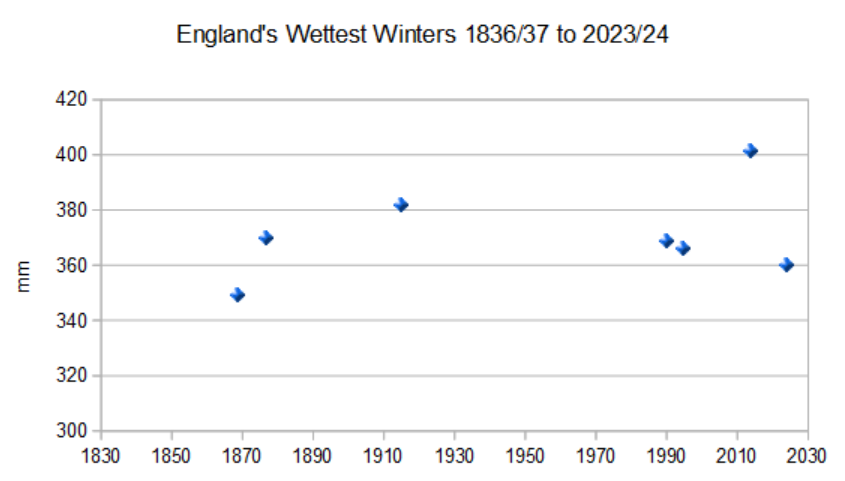FIRST it’s the poor polar bears, now it’s Australia’s Great Barrier Reef that’s dying. Yes, it’s the same old scare story that appears every year.
According to the Daily Mail: ‘Hundreds of sites across most of the Great Barrier Reef (GBR) are turning white from heat stress in the fifth mass coral bleaching event in eight years. Aerial surveys over two-thirds of the reef have confirmed “widespread” bleaching, the Great Barrier Reef Marine Park Authority said on Friday.
‘Climate change is the biggest threat to tropical reefs worldwide, and coral bleaching is caused by heat stress. It’s not always fatal but corals are likely to die if temperatures remain higher than normal for too long.
‘Reef Authority chief scientist Roger Beeden said bleaching had been recorded at 300 sites from Cape Melville north of Cooktown to just north of Bundaberg. “The results are consistent with what we have seen with above average sea surface temperatures across the marine park for an extended period of time,” Dr Beeden said.’
Despite similar claims being made over and over again in recent years, the official data shows that coral cover on the GBR is at record highs. A study last year by the eminent reef scientist Peter Ridd confirmed no signs of any long-term trends in reef health.
Dr Ridd said: ‘The public are constantly told that reefs are being irreparably damaged by global warming, but bleaching events, about which there is so much doom-mongering, are simply corals’ natural response to changes in the environment. They are an extraordinarily adaptable lifeform, and bleaching events are almost always followed by rapid recovery.’
Dr Ridd suggests that rather than being seen as under threat from climate change, corals should actually be recognised as one of the organisms least likely to suffer harm in a warming world.
‘Corals get energy from a symbiotic relationship with various species of algae. When environmental conditions change, they can rapidly switch to a different species that is better suited to the new conditions. This shapeshifting means that most setbacks they suffer will be short-lived.’ Dr Ridd says that the real risks to reefs come from overfishing and pollution.
As Peter Ridd’s report noted, it is only in the last two or three decades that the GBR has been systematically surveyed. Yet there is plenty of evidence that similar bleaching events have frequently occurred in the past, particularly during El Niño events: they were just never observed.
Whereas it was natural to assume that coral reefs would die off after bleaching, Ridd shows that they actually recover very quickly. Bleaching, far from being fatal, is actually a remarkable adaptive response to changing temperature, because having expelled the microscopic algae which gives the corals their colour as well as energy, they reabsorb another strain of algae which thrives in warmer water. The reverse happens when the seas cool.
And as Ridd concluded, corals have survived for hundreds of millions of years, most of which have been hotter than now.
The Mail inadvertently exposed the whole scare story as a scam when they reported calls by the Australian Marine Conservation Society for the Australian government to speed up emissions cuts. Australia’s emissions of CO2 are just 1 per cent of the human world’s, so calling on the Federal Government to reduce emissions will make no difference whatsoever to the reef. Instead they are using the reef as an excuse to force through their left–wing political agenda and garner millions in grant funding at the same time.
Britain’s wettest winter? Far from it
THERE have been claims in the media that the country has just had the wettest winter on record, and also the wettest February. Neither claim is remotely true.
In the UK it was only the 8th wettest, and in England the 6th wettest winter since 1836. February was the 11th and 4th wettest in the UK and England respectively. These are the official Met Office figures.
Indeed, neither the winter as a whole nor February even came anywhere close to a record:

https://www.metoffice.gov.uk/research/climate/maps-and-data/uk-and-regional-series
The claim about winter rainfall was made on GB News by Donnachadh McCarthy, who is frequently given airtime on TV. He is an environmental campaigner, supporter of Extinction Rebellion and even believes pets are bad for the planet. He frequently makes outlandish and incorrect claims in interviews, but they usually go unchallenged.
It was our old friend, the clown Jim Dale, who told the Daily Express that ‘February had been the wettest on record’, even before the month had ended. Dale is another who gets away with unsubstantiated claims on TV, but is never able to back them up with data when challenged.
I appreciate that GB News are obliged to provide balanced coverage of current affairs, but that should not mean giving airtime to the extremist views of these two, who offer nothing but mindless rants. And certainly not when they are prepared to tell outright lies.
Renewable subsidies to rise by £1.6billion this year
THE Office for Budget Responsibility (OBR) has now published its Economic & Fiscal Outlook, which formed the basis of the Chancellor’s recent Budget.
One of the items projected by the OBR is Environmental Levies, which in effect are subsidies for renewable energy. These costs are passed on to the public via energy bills as a direct consequence of government policy, and therefore have to be acknowledged in public accounts.
This year, they are expected to amount to £11.5billion, equivalent to about £420 for every household in the country. This is a year on year increase of 16 per cent, partly because of indexation with RPI and partly because of more generous CfD (contract for difference) subsidies.
These figures do not include the myriad other costs imposed on energy users by renewable energy – grid balancing, transmission network upgrades and so on. These are not estimated in the public accounts, but certainly amount to billions a year.
Between the current financial year and 2028/29, total subsidies will amount to an unimaginable £77billion, including the RHI (Renewable Heat Incentive) subsidy, which is funded out of general taxation.
Remember that when you are told that ‘renewable energy is cheap’!


